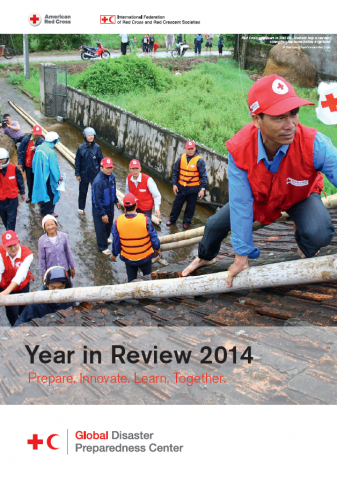Case Study
Disaster Preparedness for Safer School Project, Bangladesh

Bangladesh is one of the most disaster prone countries in the world and
typically affected by disasters including floods, cyclones, river erosion,
drought, tornadoes, landslides, and earthquakes. School children are
considered the most vulnerable population group as a result of poor school
construction and low level of awareness and preparedness that had already
contributed to high casualty rates among school children in Bangladesh. The
Bangladesh DPSS project was designed based on experiences and lessons
learned from the Nepal DPSS. Due to both time and budget constraints, the
project failed to achieve some certain expected outputs including awareness
campaigns and community outreach. Despite these, the project brought
experiences that serve lessons worth learning for both managers and
implementers of similar programs/projects.
